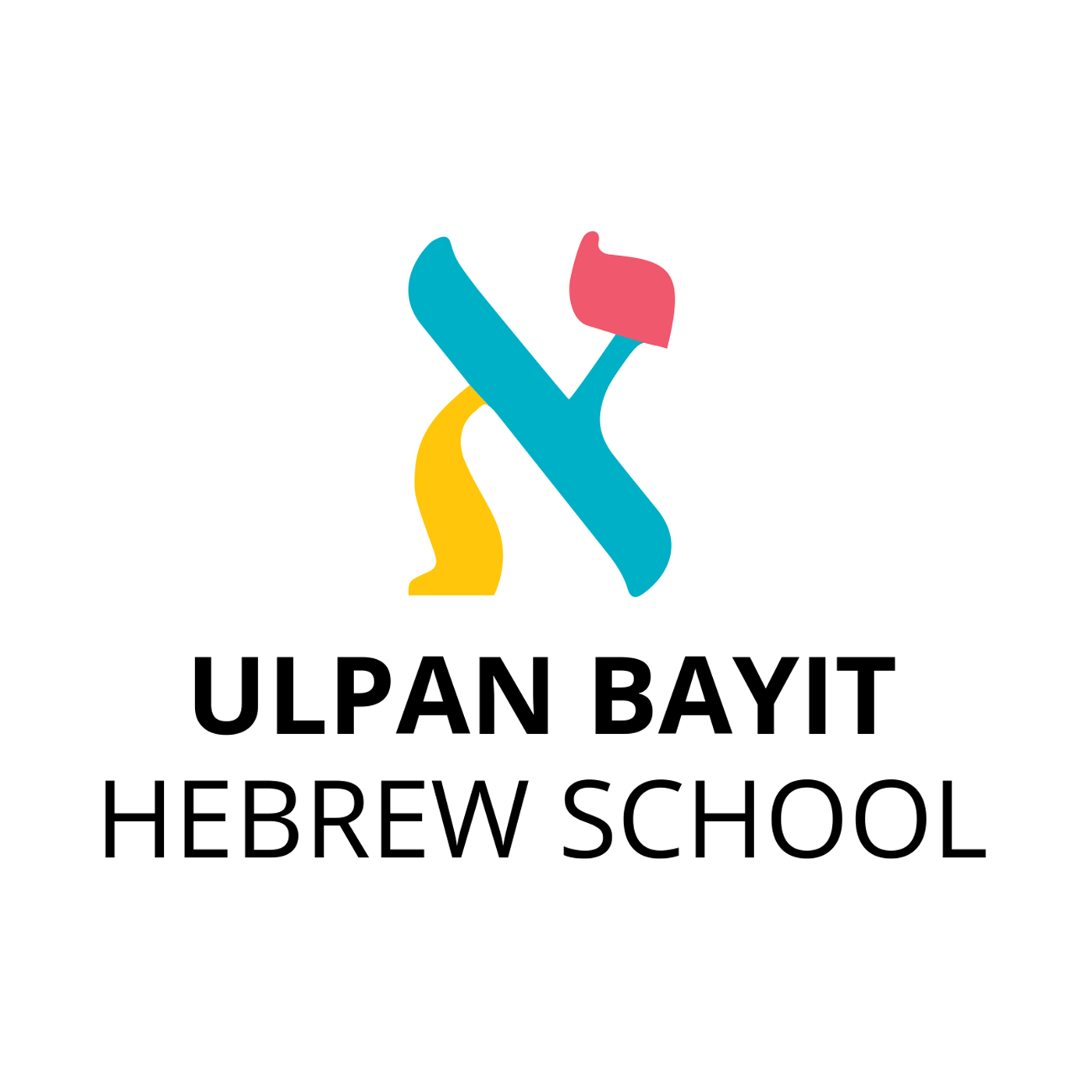Except for one teacher at the Ulpan, all of us are native Hebrew speakers. And it doesn’t matter how talented teacher you are, it is hard to understand the difficulties a student faces when learning a new language. Especially with Hebrew and it’s new alphabet – something that we know less of, as in Israel most people start learning English at the age of 9. After seeing a couple of students becoming very miserable while doing the Aleph level (which is usually a lot of fun!) we decided to challenge ourselves. We thought that by studying a new alphabet and a new language at the same time ourselves, we’ll understand more the challenges that goes through a student’s mind, and therefore will be able to assist and explain better. And what language is better for that than the beautiful language of Russia?
Yes – we decided to torture ourselves with the infinite Cyrillic alphabet and the long words that don’t resemble anything that we know, not to mention the complicated grammar and hard accent. Yay! And at the same time of course we get to know another language teacher from a completely different school, and learn some new techniques.
Do you want the conclusions already? Well – we’ll post them here in the next couple of months, and not only from what we did with our Russian, but also about many Hebrew learning techniques we invented along the way. What we did found out is that learning the alphabet was the least difficult part about Russian. It was strange at the beginning but practice makes perfect. There is no other way to learn an alphabet apparently, but read read read (and then write write write). But regarding the other parts of learning the language – we learned a lot, and it really did change our perspective. We saw, and were quite amazed, that every person has his/her own pace, and it doesn’t matter how skilled you are as a teacher or a linguist. For some of us it was very easy and for other very difficult. We saw with our own ears how long it takes to hear the difference between sounds you are not used to, and how funny you think you sound when you try to say something you just have no chance of pronouncing correctly. We also learned what soviet education was all about and became better friends along the way.
In the next posts we’ll show you how we learned how to memorize words, what apps are useful and why, how to work on your accent, how being more organized changed our lives, how to use the actor part inside us and many many more! Stay tuned!
Yaron


